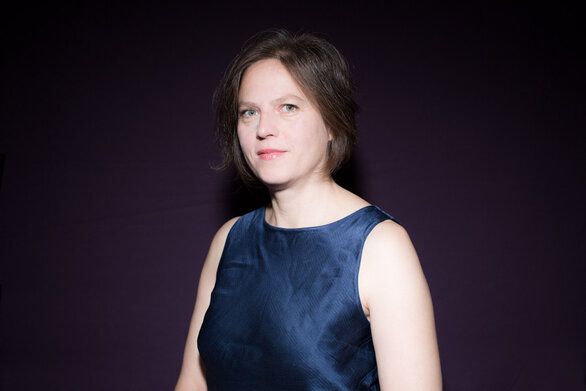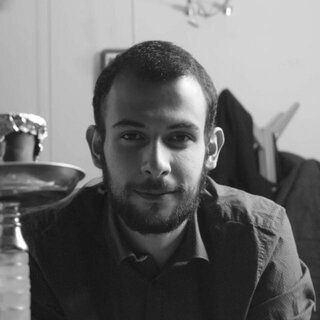As the former mandatory power, France has a special relationship with Lebanon, which has been going through a grave economic and political crisis since 2019. Paris is counting on its influence and its ability to engage in a dialogue with Lebanon’s political actors to save the country from catastrophe.
The Collapse of the State and Foreign Intervention
Since October 2019, Lebanon has been going through a political, economic, and financial crisis, hastened by a grassroots protest movement. The traditional political and financial system, paralyzed by corruption, clientelism, and haggling between the elites of different communities, has been shaken up. The COVID-19 pandemic and the explosion at the Port of Beirut on August 4, 2020, exacerbated the difficulties and tensions, pushing the Lebanese state to the brink of disaster.
Lebanon's destabilization is not just harmful to France’s economic interests (the volume of trade between the two countries dropped by a third between 2019 and 2020); it also represents a threat to France’s influence in the region. The collapse of the Lebanese state creates a vacuum for outside powers, which Hezbollah and Iran are taking advantage of to strengthen their hold on the country’s Shia community. Turkey, highly active in the eastern Mediterranean, is extending its influence on the Lebanese Sunni community. At the same time, China seeks to include Lebanon in its Belt and Road Initiative. Its businesses are increasingly moving to the port of Tripoli, which will act as both an outlet to the Mediterranean and a point of entry for participating in Syrian reconstruction.
Leverage and Limits of French Foreign Policy in Lebanon
France has a substantial cultural influence on the largely francophone Lebanese elite, through a dense network of educational establishments. Since Lebanon’s independence in 1920, France has maintained very close links with the country’s political leaders. Furthermore, unlike other Western powers, France does not consider Hezbollah to be a terrorist organization and maintains a communication channel with this Shia militia, which it recognizes as a necessary negotiating partner to break the current political deadlock.
Emmanuel Macron has made Lebanon a foreign policy priority since 2018, organizing the international CEDRE conference to raise funds for the country’s development in return for economic and financial reforms. His visit to Beirut just two days after the port explosion in 2020 confirmed his willingness to get involved: France carried out rescue operations and later organized three international donors’ conferences, which raised more than 900 million dollars to respond to the country’s most urgent needs. In parallel, Macron attempted to break the inertia of the Lebanese system by making development aid conditional on structural reforms, but he quickly ran up against the reluctance of the local political and economic oligarchy. France barring entry to some Lebanese officials confirms that it is still locked in a power struggle with a political class seeking to prevent any form of progress, whether in the inquiry on the Port of Beirut explosion or on the issue of economic reforms.
The announcement of the formation of a new government on September 10, 2021, calmed fears of a total and immediate collapse of the state, but Prime Minister Najib Mikati will need to contend with a divided cabinet that includes two ministers from Hezbollah. Hezbollah’s destabilizing presence continues to raise the specter of a resumption of the civil war and an escalation of tensions with Israel, against the backdrop of the Iran nuclear stalemate. In this highly combustible situation, it will fall to the next French president to seek to maintain both Lebanese and regional political balances, principally by working to reconcile Lebanon with Saudi Arabia and the United Arab Emirates.


